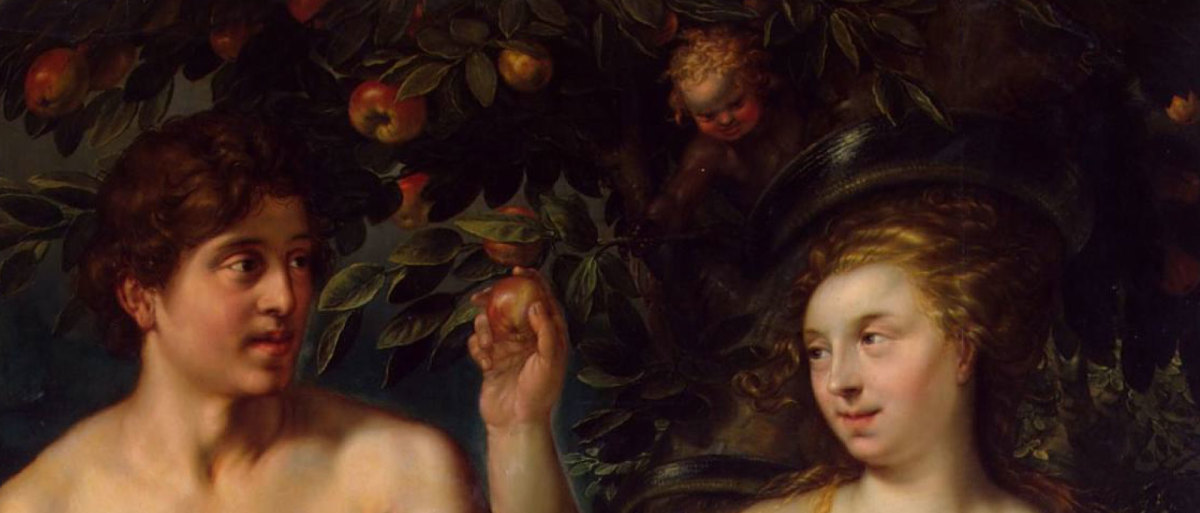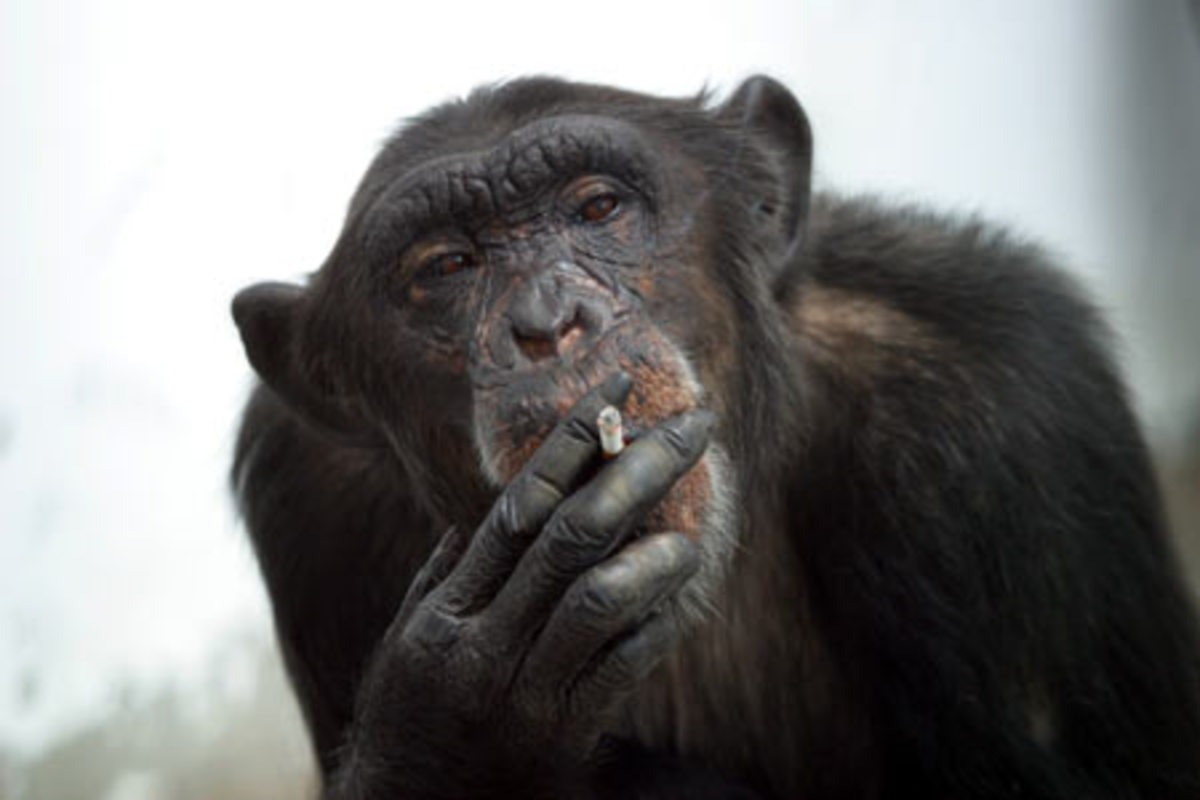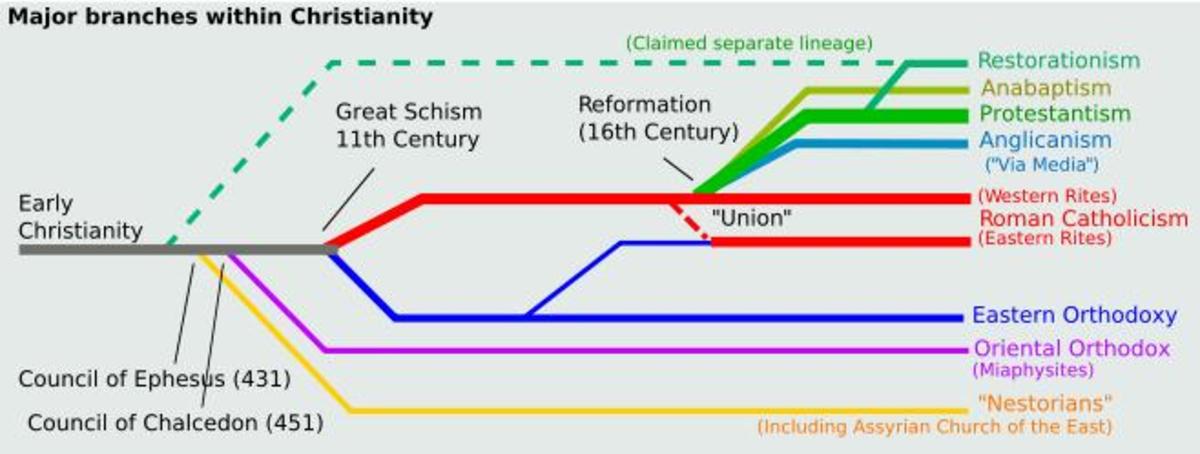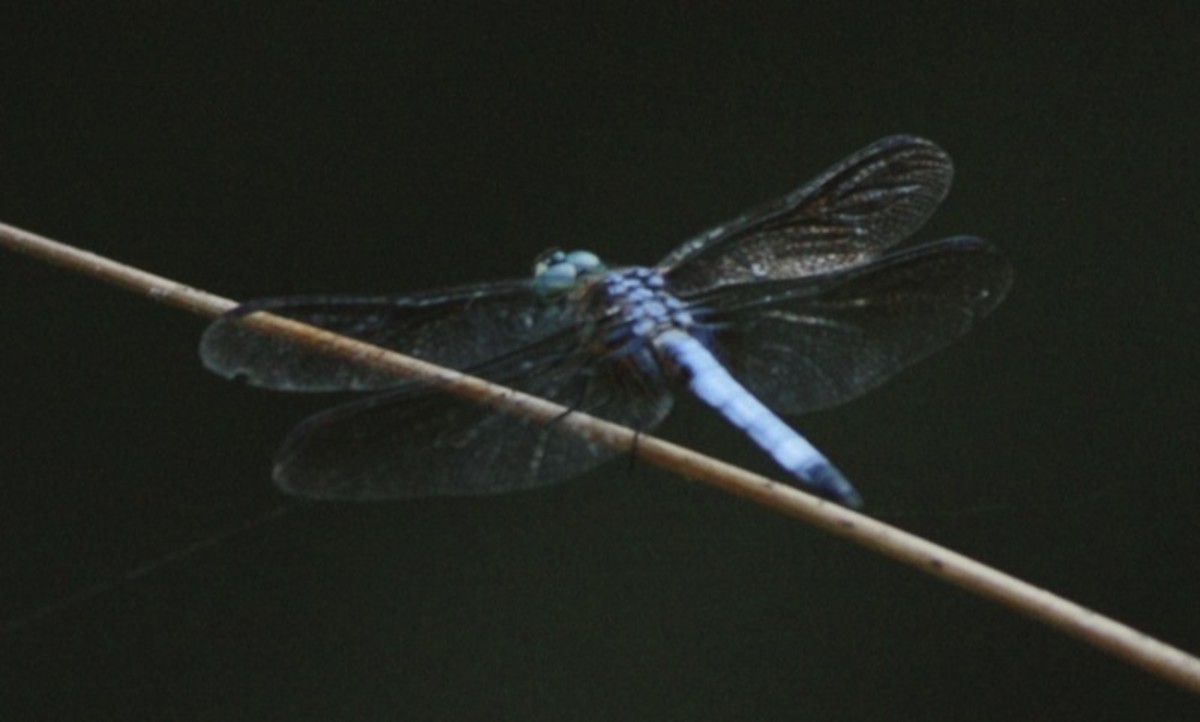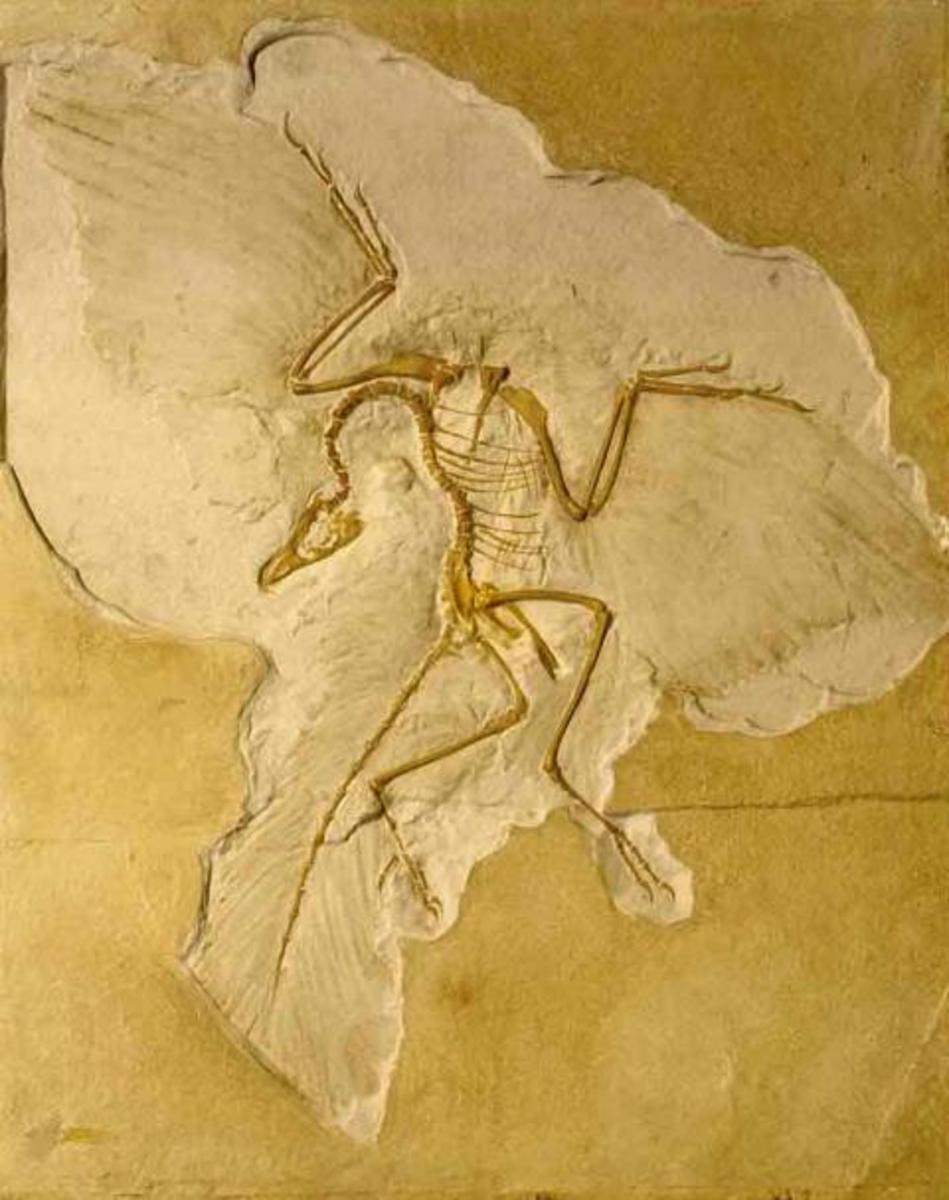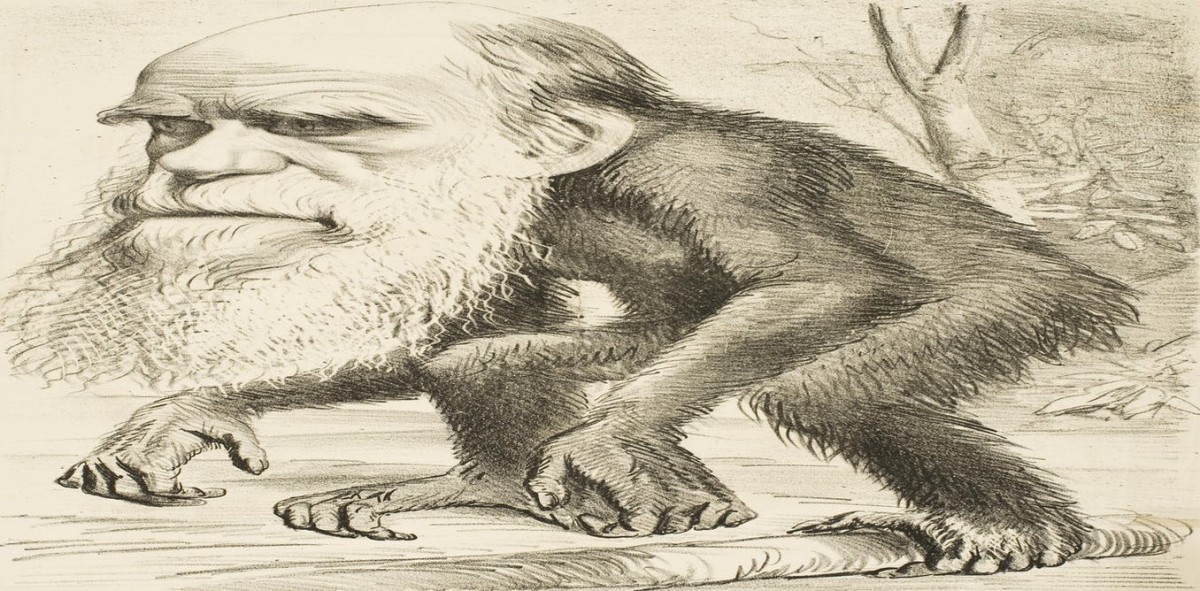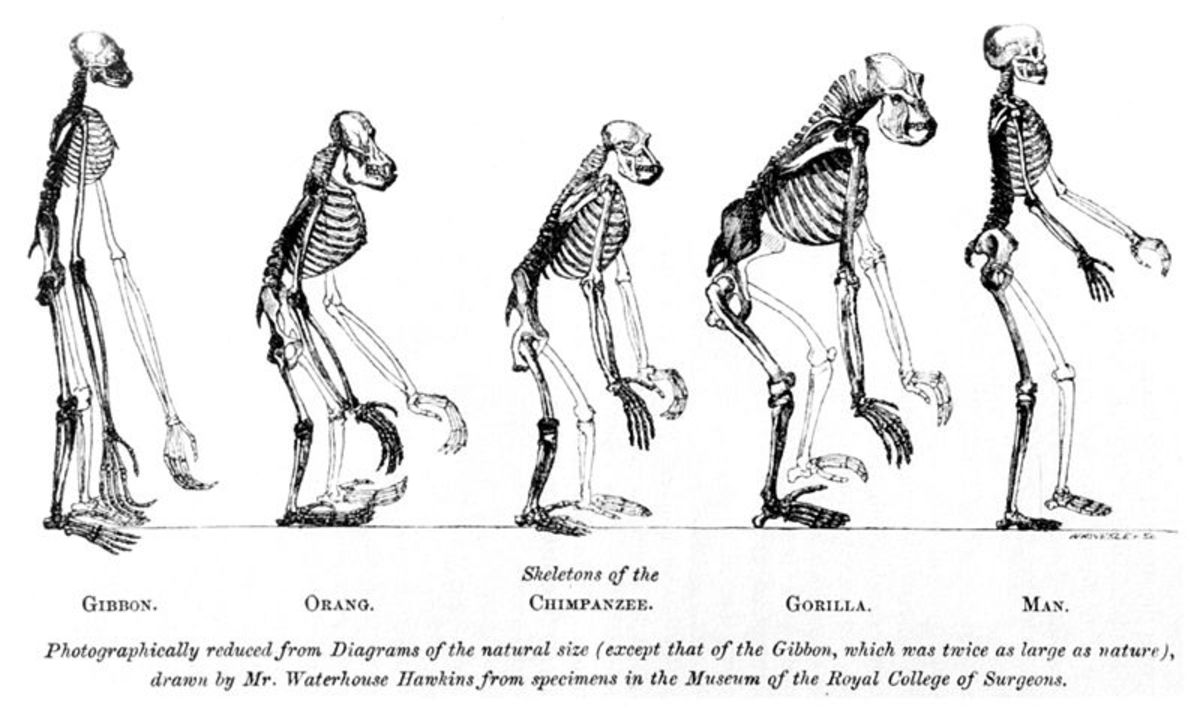DARWIN'S THEORY OF EVOLUTION
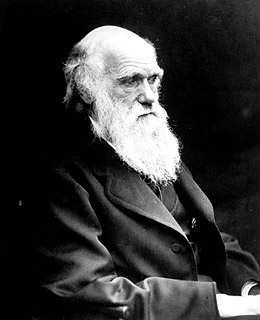
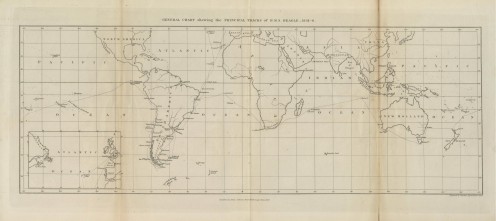
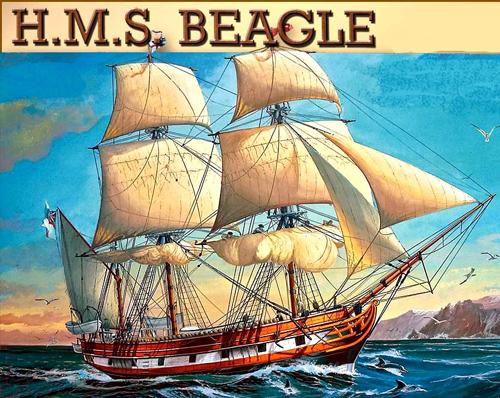
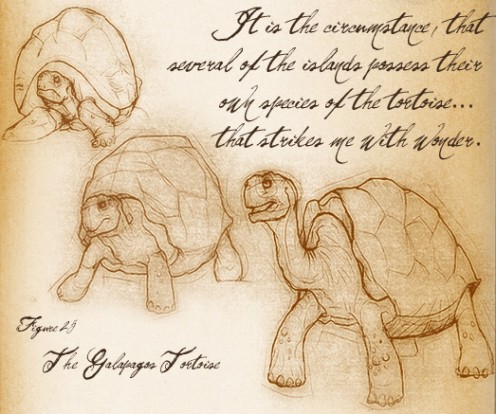
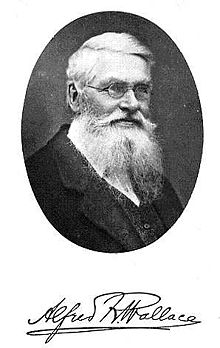
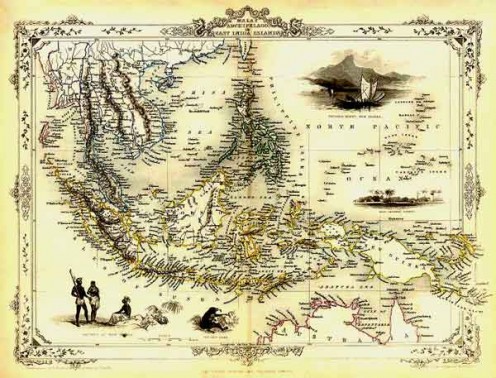
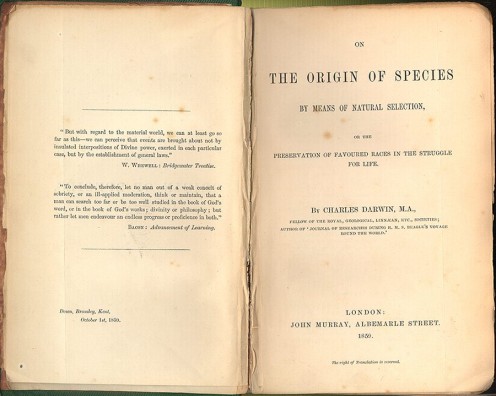
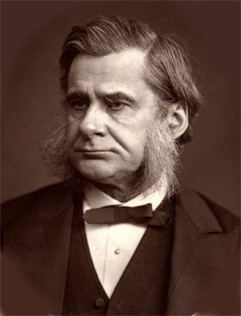
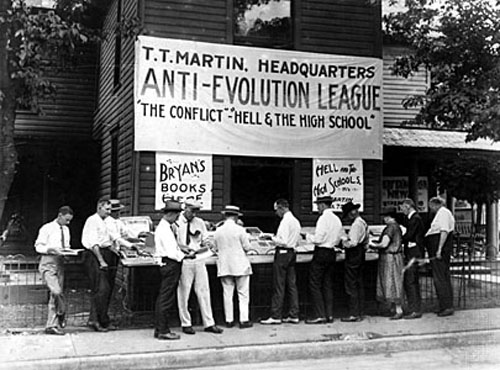
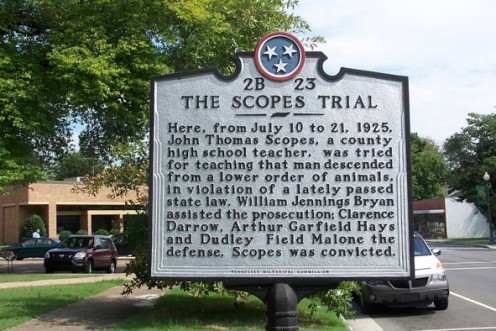
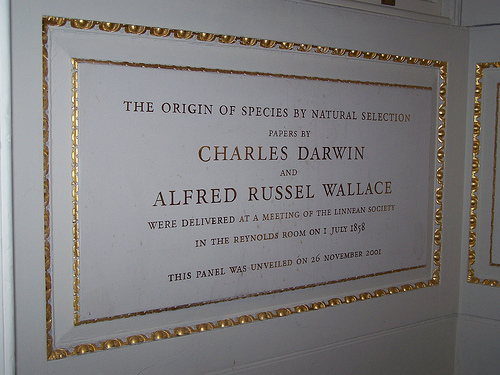
Turning points in history had always been stirred by controversial and sometimes conflicting ideas. One such idea has been the theory of evolution. It not only changed the study of biology and opened up new vistas in philosophy, history and politics but also shook the very foundation of religion. A dispassionate understanding of this concept and its implication is essential for us not only to appreciate its impact but also to aid our worldview.
PRE-DARWINIAN THINKERS
Darwin was not the first thinker to formulate the concept of evolution. There were many Greek thinkers who had harped on this idea. Heraclitus for example held the view that everything is in a state of change and Empidocles believed that life is a growth from imperfection to perfection. Lucretius had even written a poem entitled ‘De renum natura’ which centered on the concept of evolution. This line of thinking then ceased during the middle ages and was revived only in modern times by people like Linnaeus and Buffon. Linnaeus’s major contribution was the formulation of an excellent system of classification and Buffon suggested the view that, animals were influenced by their environment. But it was Lamarck (1744-1829) who came close to enunciating the theory of evolution. His shortcoming however was the absence of any empirical evidence.
CHARLES DARWIN
Charles Darwin was born in Shrewsbury, England in 1819 and came from a family of scholars and illustrious men. His maternal grandfather was the renowned potter Josiah Wedgwood. Despite this, Charles was a mediocre student who did not evince much interest in the classical education imparted in his grammar school. He preferred doing chemical experiments or collecting insects or minerals. His father who was a doctor sent him to Edinburgh to study medicine, but Charles realized that this was not his calling. He was then sent to Cambridge to train for the ministry in the Church of England. To Charles these years in Cambridge were a waste of time. But he came under the influence of great teachers like Sedgwick who was a professor of Geology and Henslow, the professor of Botany. It was through Sedgwick he got the opportunity to sail on board the naval ship HMS Beagle, which changed his life totally.
HMS Beagle’s mission was to survey South Atlantic and Pacific Ocean. As a naturalist attached to the ship he had an opportunity to visit places like Tahiti, Verde island, the pampas of Argentina, the dense forests of Brazil, Australia and Galapagos island off the coast of South America. The last place made a great impression on Darwin and molded his scientific thinking which paved the way for the formulation of the theory of Evolution. Back in England rich with experience and a vast collection of specimens he settled down in Kent and devoted his time for painstaking research.
THEORY OF EVOLUTION
Charles Darwin was a keen observer, a characteristic that is a pre-requisite for any scientific study. In his voyages he discovered a great variety of species, which over time modified and mysteriously disappeared. For example he found in the volcanic islands he explored in South America lizards, which had become extinct in other parts of the world and variations in different species of birds in contiguous islands.
How did species get modified over time? Why do species split into various branches? These are some of the questions which Darwin was seeking an answer and accidentally on reading Malthus’s “Essay on Population” gave him an insight. Malthus in his work hinted that human population was restricted by what he called as ‘positive control’. These controls were famine, disease and war. Darwin immediately grasped the implication of this idea. In his words “Being well prepared to appreciate the struggle for existence which everywhere goes on from long continued observation of the habits of animals and plant, it at once struck me that under these circumstances favourable species would tend to be preserved and unfavourable one to be destroyed. The result of this would be the formation of new species. Here then I had at last got a theory to work ”
It suddenly dawned on him that modifications and divergence of species was on the basis of ‘natural selection’ and that there was in nature a constant struggle for survival where only the fittest survive.
To validate this hypothesis Darwin embarked on extensive and laborious research. He first studied the process of ‘artificial selection’ used by breeders of animals and plants. Domesticated animals like horses dogs etc, were radically different from its wild ancestors by a careful process of mating and breeding. The breeders selected only those specimens which contained characteristics desired by him. In the case of plants too same principles applied resulting in emergence of species, which were very different from its ancestors. In his concluding chapter he wrote “Thus from the war of nature from famine and death, the most exalted object which we are capable of conceiving, namely the production of higher animals, directly follows. There is grandeur in this view of life, with its several powers having been originally breathed by the creator into a few forms or into on; and that whilst this planet has gone circling on according to the fixed law of gravity, from so simple a beginning endless forms most beautiful and most wonderful have been, and are being, evolved.”
He did not stop at this. He pored over all available literature relating to horticulture, sports, breeding of animals and journals of natural history apart from the vast data collected during his voyage on HMS Beagle. Around this time he got a letter from a scientist named Alfred Russell Wallace enclosing an article entitled “Essay on the Tendency of Varieties to depart indefinitely from the original type”. Darwin was surprised by this co-incidence of another scientist hitting upon the same idea of evolution. In a rare show of magnanimity Darwin gave full credit to Wallace and both essays were presented at a meeting of the Linnean Society in 1858. Darwin’s book had a long title, “On the origin of species by means of natural selection on the preservation of favoured races in the struggle for life”
THE GREAT DEBATE
Darwin’s novel theory triggered a great controversy, which has still not subsided. It was as revolutionary as Copernicus’s Heliocentric theory, but opposition to it was far more intense, vehement and bitter. It was a direct head on collision between science and religion. The ideas he proposed not only questioned the Biblical viewpoint of creation but also ethic. Opposition to this was quick and strong. Darwin was belittled and ridiculed. An article in the Quarterly Review called him a ‘flighty person’ and the most vehement protests were by Bishop Wilberforce of Oxford in England and Agassiz in the US.
But Darwin also had his supporters. People like geologist Lyell, botanists like Joseph Hooker and Thomas Huxley were ardent supporters. Among them the most articulate and effective was Thomas Huxley. What Huxley advocated was the spirit of scientific enquiry. He believed that the scientific method was the only honest and trustworthy tool in reaching certainty. When in doubt, it is better to suspend judgment rather than uncritically accept something the veracity of which is uncertain. As an agnostic Huxley’s stand was understandable. But when emotions are stirred, rational arguments have little effect on people. The fall out of this controversial theory was far greater in the US. The Scopes Monkey trial of 1925 was one of the most famous legal battles between advocates of evolution and creationist theory.
Darwin’s ideas did not just upset religious beliefs. It had other controversial implications too particularly those relating to society and politics. Fascists found the idea suitable to justify the superiority of races and liquidation of inferior ones. Hitler’s ‘Final Solution’ was just one example of how tragic its application can be in society. Another area is in the field of Business and Economics. In the name of free competition Big business can justify the gobbling up of smaller ones. Darwinism continues to stir controversies and evoke strong passions even now.


